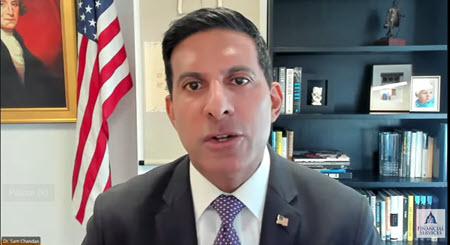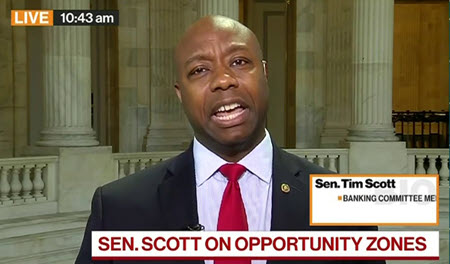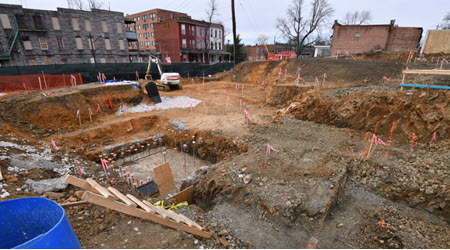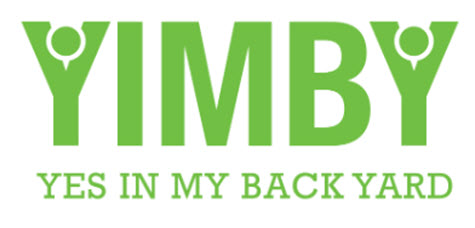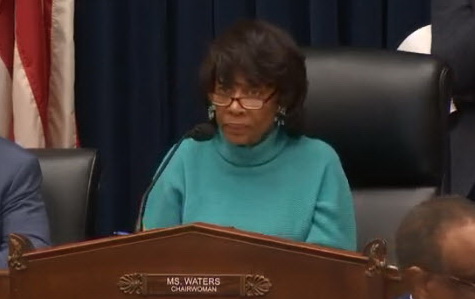A coalition of 12 national real estate organizations raised concerns this week about the Biden administration’s “Blueprint for a Renters Bill of Rights,” which directs federal agencies to strengthen tenant protections. (White House Fact Sheet and Coalition statement, Jan. 25 and GlobeSt, Jan. 26)
Industry Response
- The White House on Wednesday issued the “Blueprint” that includes a set of principles to encourage voluntary private sector actions that increase affordable rental units—and drive action by the federal government, state and local partners on tenant rights enforcement. The administration will also launch an effort in the spring to get local governments and housing providers involved in a “Resident-Centered Housing Challenge.” (White House Blueprint for a Renters Bill of Rights and The Washington Post, Jan. 25)
- The real estate coalition, which includes the National Multifamily Housing Council (NMHC), expressed disappointment that the White House announcement was “solely focused on renter protections, creating potentially duplicative and onerous federal regulations that interfere with state and local laws meant to govern the housing provider and resident relationship.” (Coalition statement, Jan. 25)
- NMCH also issued a statement that acknowledged the White House action did not include the threat of a national rent control policy—and urged the administration to prioritize implementation of its Housing Supply Action Plan issued last May. “The best renter protection is an abundant supply of housing,” NMHC stated.
Affordable Housing Solutions
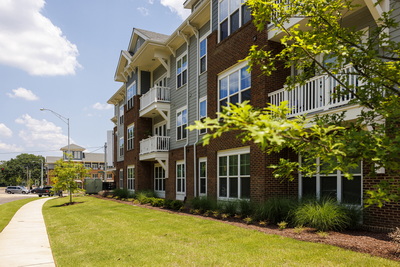
- The administration’s Housing Supply Action Plan includes zoning incentives and government financing to address an estimated shortfall of 7 million units for low-income renters nationwide. It aims to create hundreds of thousands of affordable housing units in the next three years, with the goal of closing the nation’s housing supply shortfall in five years. (Roundtable Weekly, May 20, 2022 | PoliticoPro, May 16, 2022 | National Low Income Housing Coalition, April 2022)
- On the legislative front, congressional committees showed support last year for the Affordable Housing Credit Improvement Act (S. 1136). The bill (detailed summary here) has not been reintroduced yet in the 118th Congress. The measure would expand the pool of tax credits allocated to states for new affordable housing, make it easier to combine the Low Income Housing Tax Credit (LIHTC) with other sources of capital like private activity bonds, and facilitate LIHTC rehab projects. (National Multi-Housing News, Jan. 16)
- Real Estate Roundtable President and CEO Jeffrey DeBoer said, “Overly restrictive land-use and zoning policies, construction cost increases, and labor shortages are deepening our housing challenges, which now extend across the entire country. Government at all levels needs to be part of the solution, not part of the problem. The Affordable Housing Credit Improvement Act would be an important step forward.” (Roundtable Weekly, July 22, 2022)
The Roundtable’s Real Estate Capital Policy Advisory Committee (RECPAC) has formed an Affordable Housing Working Group, which is working with the Research Committee to develop proposals on expanding the nation’s housing infrastructure.
# # #

